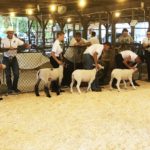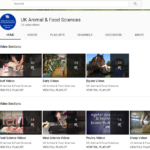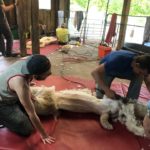Main Content
While County Fair season may be months away, 4-Hers know that now is the time to plan for this annual showcase of our project year, which provides a great opportunity for public engagement. Animals are an integral part of our fairs – 4-H members care for and exhibit their livestock, horses, poultry, and small animals […]









